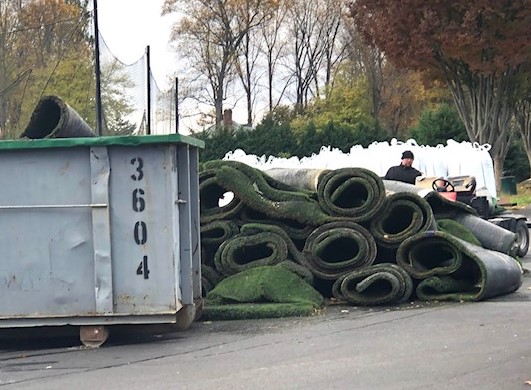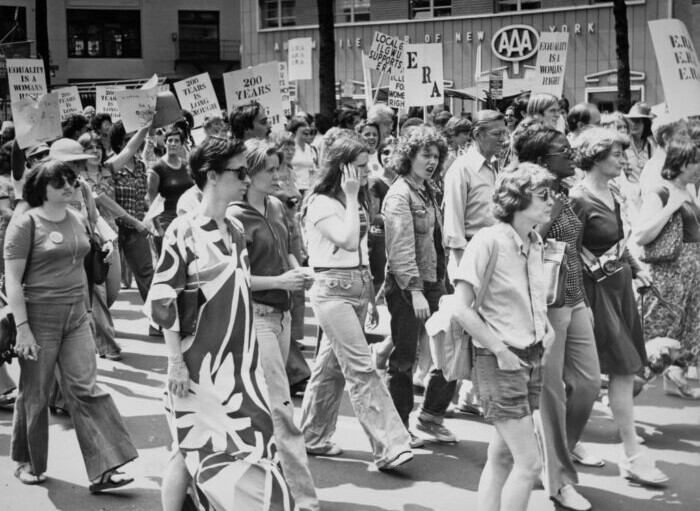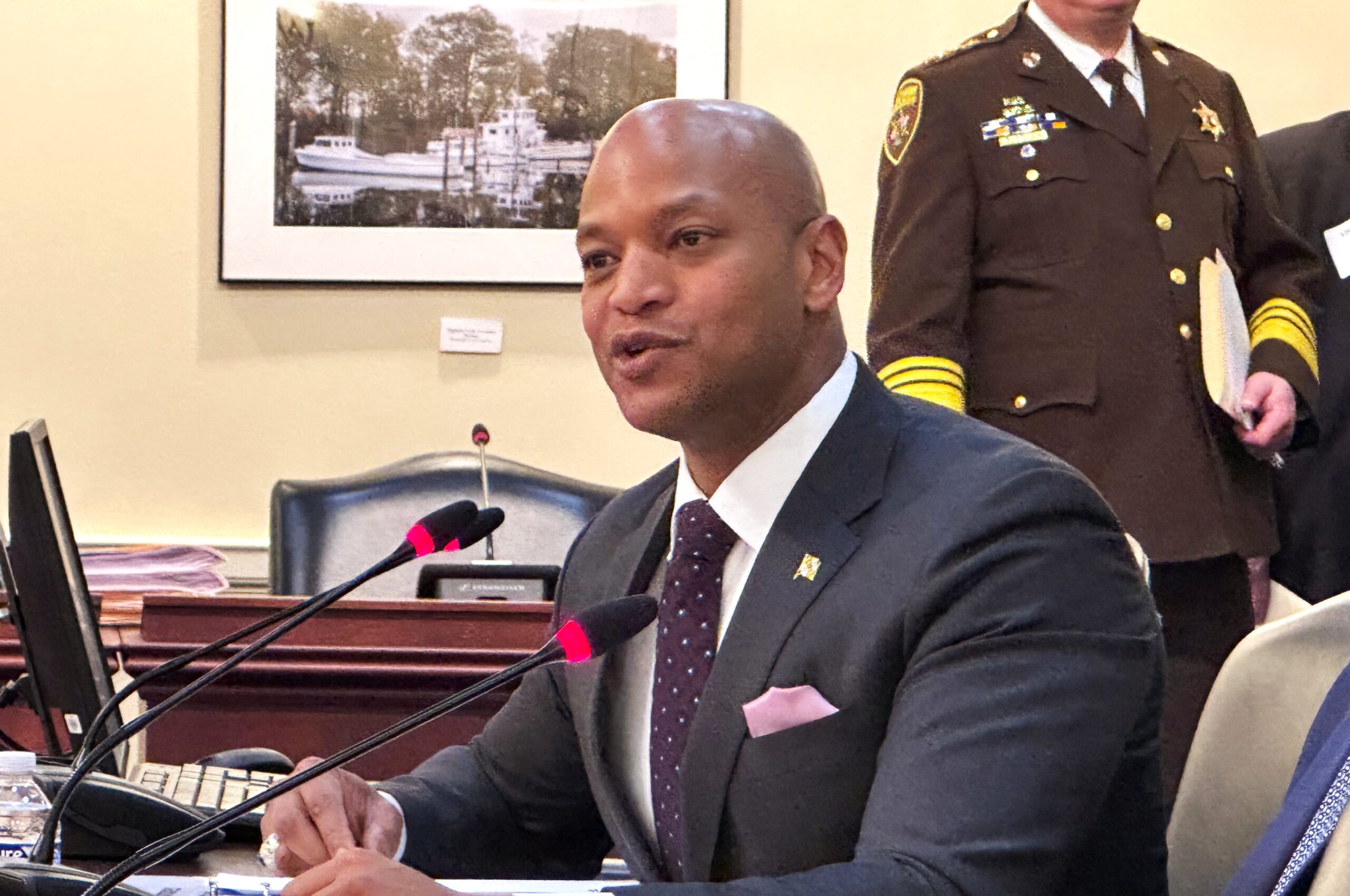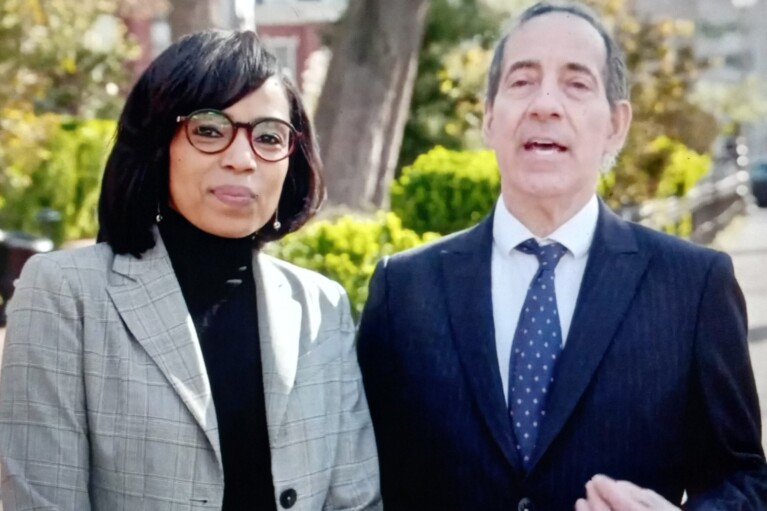Legislation Seeks More Environmentally-Friendly Turf Removal

Players and fans of high school sports are familiar with artificial turf — the fake grass material made from thousands of pounds of old, shredded tires that get irreversibly stuck in shoes and tracked into minivans is used across the country.
The fields made of tire crumb material have a lifespan of about eight to 10 years. In 2017, The Synthetic Turf Council estimated that by 2020’s end nearly 750 U.S. turf fields will be removed annually.
There is one accredited recycling plant for end-of-life turf — it’s in the Netherlands.
This has left American school districts and municipalities to sort out what to do with the thousands of pounds of shredded tires and carpet left on their hands.
A bill, sponsored by Del. Mary A. Lehman (D-Prince George’s), brought before the House Economic Matters Committee Wednesday, would keep turf manufacturers on the hook for proper disposal practices when these artificial fields reach the end of their lives.
If enacted, the legislation would mandate that turf producers establish a “stewardship program” — or removal plan — that is to be approved by the Maryland Department of the Environment prior to a field’s installation and available for public review.
Lehman said this is necessary legislation because there is no set regulation to determine how these chemical-laden fields should be removed.
“This is about the lack of regulation and the threat this could pose to communities because of the contents,” she told the committee.
It would also create a “chain of custody,” which would clearly show who installed the field, owned it throughout its life, and removed it.
Lehman said that the legislation is calling for producer responsibility laws, not unlike those already put in place for batteries and some electronic devices.
“There’s no transparency around what is being done,” she said. “We need that, we need accountability and HB 1547 provides that.”
The bill is being debated as activists in Montgomery County seek to publicize the health, safety and environmental risks associated with turf removal at school athletic fields. They are currently conducting a furious campaign to expose what they believe are environmental violations and unanswered questions as artificial turf is being removed and reinstalled at Walter Johnson High School in Bethesda.
Among their concerns: That school officials and contractors have told them that the remnants of the old turf are ticketed for a recycling plant in Malaysia. The activists are not convinced that the recycling plant exists.
Testifying in favor of Lehman’s bill on behalf of the group Safe Healthy Playing Fields Inc., Amanda Farber said that the state will soon face an “ever-growing, ever-polluting synthetic turf tsunami.” She stated that when she asks workers where they take the outdated materials, the most common answer she receives is “away.”
“It’s hard to get straight answers, even from the industry, even when it’s our own tax dollars that are paying for a project.”
When asked where the material goes in lieu of being recycled, Kathleen Michels of the Sierra Club of Maryland told the committee: “just about everywhere that somebody can find space for them.”
“There’s no number of batting cages or paintball sites in the world that can take the volume of material, so it’s being stockpiled or it’s being dumped,” said Michels.
Diana Conway, who is also a leader with Safe Healthy Playing Fields Inc. and is president of the Montgomery County Women’s Democratic Club, said that many municipalities are doing “what anybody would do: They’re quietly dumping it, quote ‘somewhere else.’”
Two years ago, Conway said, contractors working at Richard Montgomery High School in Rockville dumped its outdated turf on the edge of the Bird River in Baltimore County. She rattled off a number of chemicals that may now be contaminating the body of water, like silica and flame retardants.
In December, Maryland Matters published a report from FairWarning, a California-based nonprofit news organization, that stated a Montgomery County resident found the end-of-life turf being used at a paintball park.
Farber, who FairWarning reported visited the paintball park a year after the turf’s installation, told reporters that tire crumb was rampant.
Conway told the committee that the chemicals used to protect turf from blood, sweat and vomit resulting from action on the field have an impact on the environment.
“This does not belong under our children’s feet and it does not belong dumped along Bird River,” she said.
Lehman’s bill did receive pushback from a few committee members, including Del. Jay Walker (D-Prince George’s), a former professional football player who said he isn’t on board with the bill in its current “stewardship” format but would be interested in altering the law to fit the activists’ intent.
Del. Mark N. Fisher (R-Calvert) questioned both where the responsibility should lie and Lehman’s intentions.
Fisher asked the bill sponsor why she didn’t address this on a county level when she served as a Prince George’s County councilwoman. Lehman responded that the problem hadn’t come to her attention at that point. But she argued that Maryland needs a statewide law to handle this problem.
Fisher disagreed, saying that “instead of making it a state government issue” the legislation should be pointed at local governments because they “create the problem, not the state.” He further suggested incentivization for private companies to brainstorm ways to recycle the materials.
Fisher called Lehman’s bill a “sneaky backdoor ban” on turf.
“That’s fine if that’s what you believe,” he said, “but just be intellectually honest about it.”
Testifying in opposition to the bill was Zach Franz who represented turf manufacturing company FieldTurf. He told the committee that last year alone the company reused or recycled over 21 million pounds of turf, and that the material is repurposed for landscaping and residential purposes, too.
Franz said that the legislation would stifle opportunities to innovate new solutions to the industry’s woes.
“Are we 100% there in terms of being able to reuse it into new products? No,” he said. “But we are certainly making a lot of strides.”
Lehman’s bill isn’t the only piece of legislation targeted the use of synthetic turf on athletic fields this General Assembly session. Del. Jared Solomon (D-Montgomery) has introduced a measure that would give preference to natural turf fields when it comes to getting grants from the state’s Program Open Space fund. The bill is due to be heard in the House Appropriations Committee on March 10.
Josh Kurtz contributed to this report.




 Creative Commons Attribution
Creative Commons Attribution